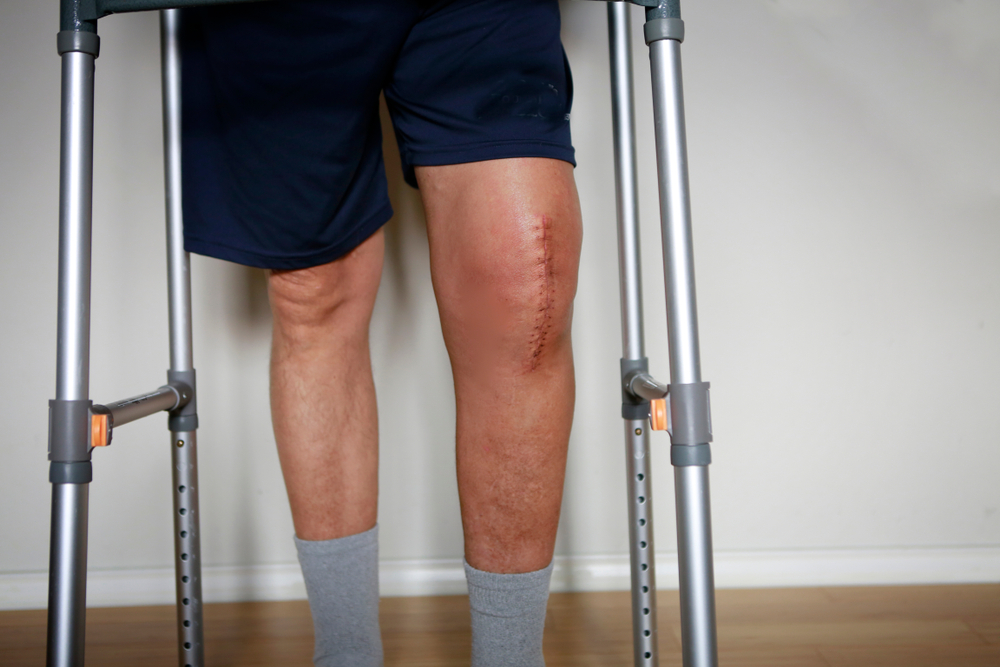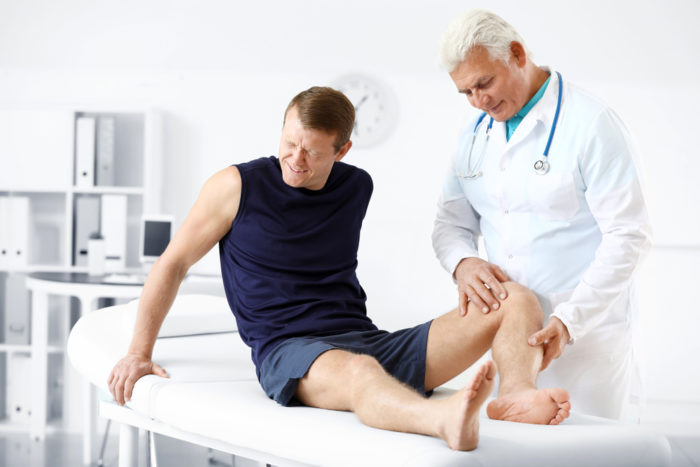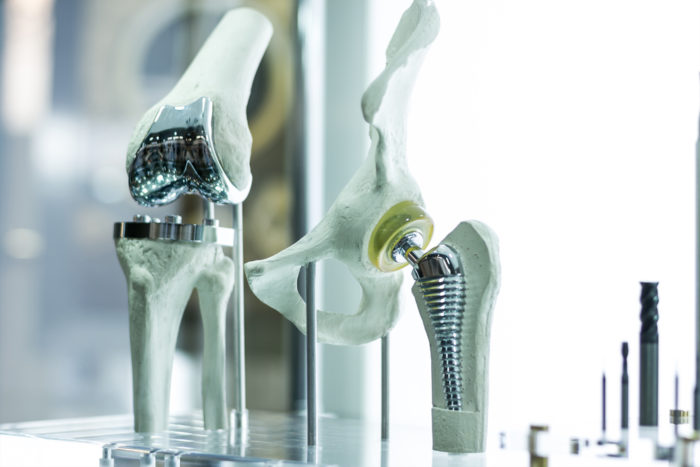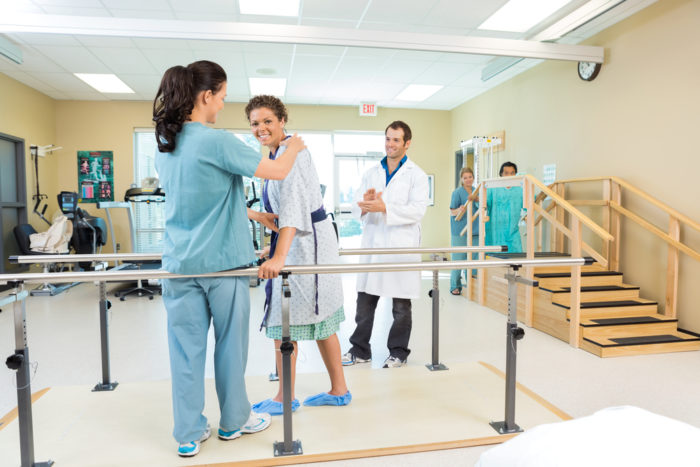What Do You Wish You Knew Before Knee Replacement?

In some cases, recovery takes longer than expected and can be uncomfortable. A knee replacement will feel different, so adjusting takes some time. You should know how to care for your new knee joint before replacing it to prepare you for surgery. Post-surgical knee pain can challenge most people mentally and physically for some time.
Here are some things that individuals commonly wish they knew before knee replacement:
- Realistic Expectations: Understanding the expected outcomes and recovery process is crucial. While knee replacement can significantly improve joint function and reduce pain, the recovery may take time, and the results may not be immediate.
- Rehabilitation Importance: Post-operative rehabilitation and physical therapy play a vital role in the success of knee replacement. Patients should be prepared to commit to a structured exercise program to regain strength, flexibility, and function in the knee joint.
- Potential Complications: Being aware of potential risks and complications, such as infection, blood clots, and nerve damage, can help patients recognize warning signs and seek prompt medical attention if necessary.
- Pain Management: While pain after knee replacement can be managed with medications, patients should be prepared for some discomfort during the early stages of recovery. Effective pain management is essential for successful rehabilitation.
- Assistive Devices: Understanding the use of assistive devices, such as crutches or a walker, during the initial recovery period can help maintain stability and prevent falls.
- Home Preparation: Making necessary home modifications and preparing a recovery area can improve comfort and safety during the initial weeks following surgery.
- Recovery Timeline: Patients should understand the expected recovery timeline and when they can gradually resume activities like driving or returning to work.
- Lifestyle Adjustments: Some adjustments may be necessary, such as avoiding high-impact activities or losing weight to reduce stress on the new knee joint.
- Follow-Up Care: Regular follow-up appointments with the surgeon are essential to monitor the progress of the knee replacement and address any concerns.
- Support System: Having a support system of family and friends can provide emotional support and practical help during the recovery process.
Remember that every individual’s experience with knee replacement surgery is unique, and it’s essential to have open communication with your healthcare team to address any questions or concerns you may have. Being well-informed and mentally prepared can contribute to a more prosperous and smoother recovery after knee replacement surgery.



